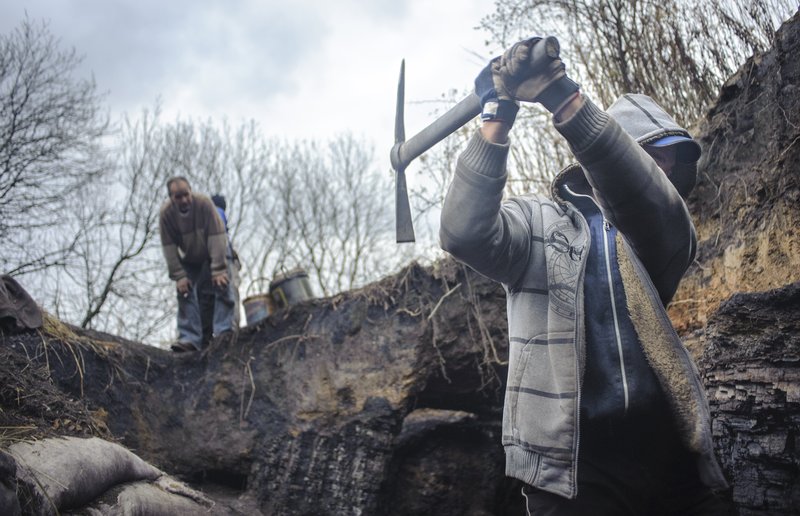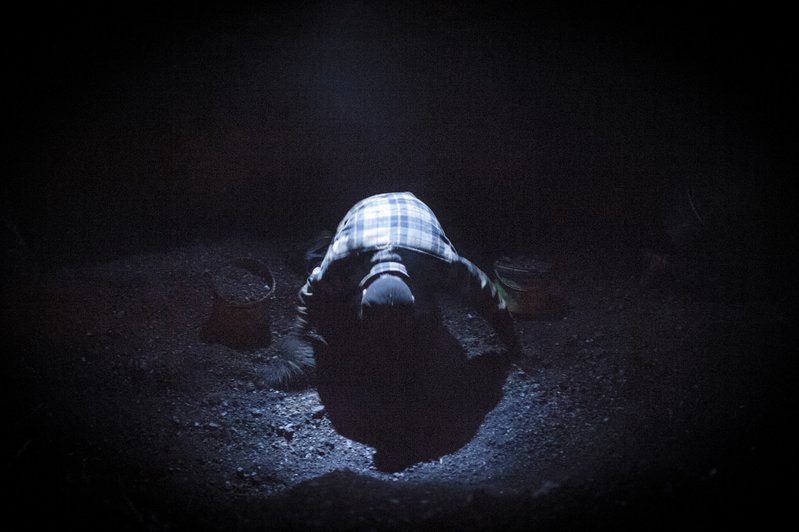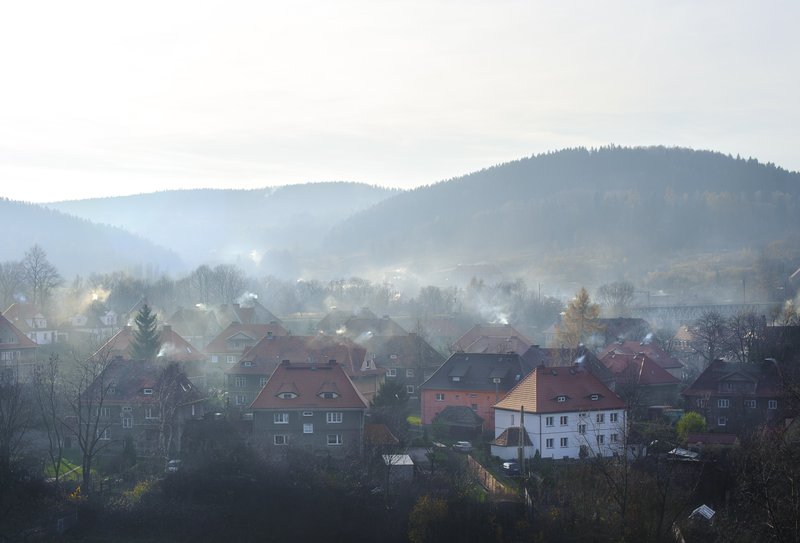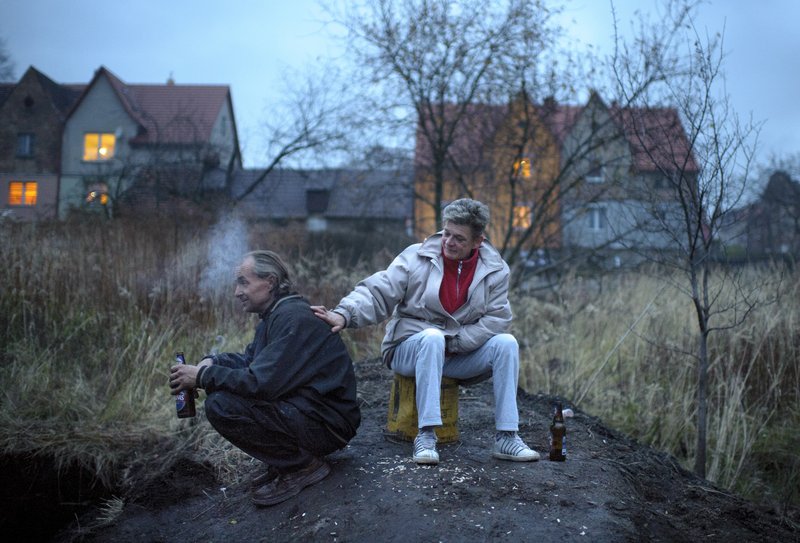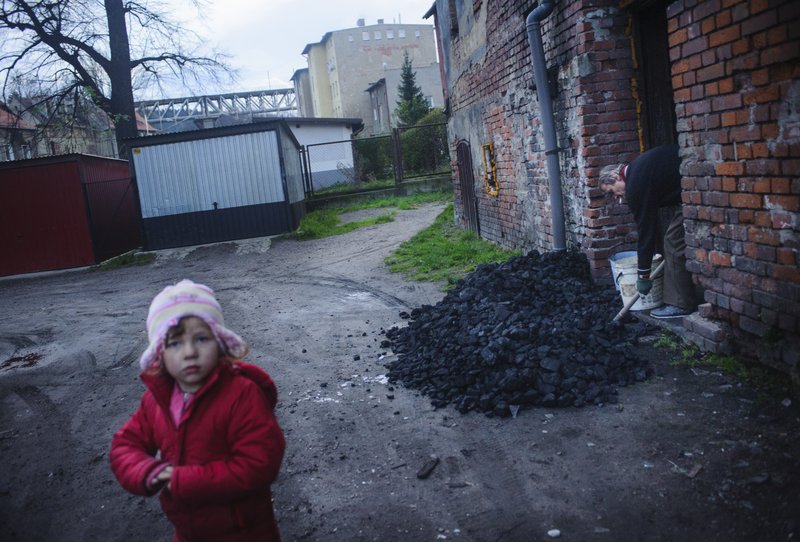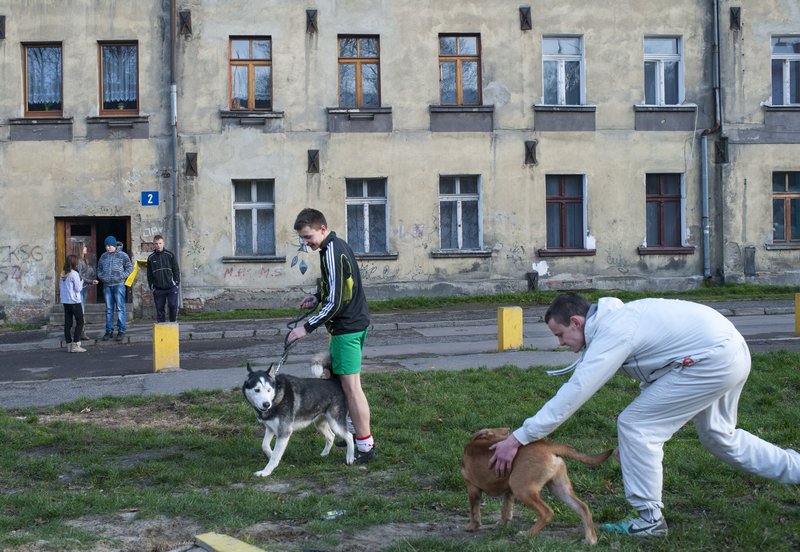CPOY 69 International Picture Story Award of Excellence: What Coal Left Behind
It is illegal for private citizens to mine for coal in the city of Wałbrzych, Poland. But some still do it to survive. It didn’t used to be this way. Coal mining in Wałbrzych dates back to the 14th century. During the height of Poland’s hard coal industry in 1979, 201 million tons were mined, a record for the region to date. The hard coal produced in the region is located in the Lower Silesia Basin that runs along Poland’s border with the Czech Republic. After Poland’s transition from a planned economy to a market economy in the early 1990s the following upheaval of the nation’s coal industry was swift. Coal mining in Wałbrzych was effectively shut down by the early 2000s and what defined the region for decades is now only physically present in the landscape surrounding the city. The state’s reasons for shutting down coal mining in the region are still unclear to many in Wałbrzych. Decisions were made at the state level. And even though coal production was still viable in the region for years to come, the industry in the region came to a halt. For illegal coal miners, the natural resource beneath their feet provides a means to an end. “In Poland there is no work,” a miner says, “So we do this.” Constantly on the lookout for police, their group mines, bags, and sells coal for their livings. The oldest in one of the groups is in his late sixties, and has been mining like this for five years without incident from the police. If caught, each faces a fine and possible jail time. For him and for his younger counterparts, it is a tentative existence.



